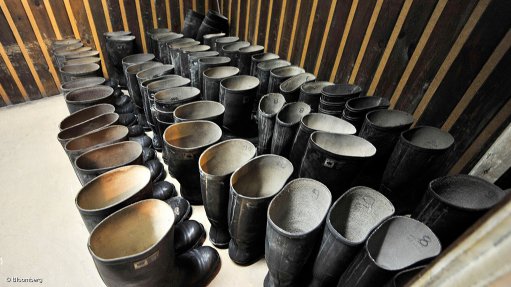
Photo by: Bloomberg
PERTH (miningweekly.com) –The Covid-19 pandemic has caused Australia’s annual economic activity to fall for the first time since 1990/91, ending 28 years of consecutive economic growth, new data from the Australian Bureau of Statistics (ABS) has found.
The Australian economy contracted 0.3% in 2019/20.
However, data by the ABS has confirmed the importance of the resources sector to the Australian economy, with mining industry gross domestic product (GDP) increasing 4.9% in 2019/20, totalling A$202-billion.
This made mining Australia’s largest industry with a 10.4% share of the economy.
“The Australian minerals industry is a major contributor to investment, high-wage jobs, exports and government revenues in Australia,” said Minerals Council of Australia CEO Tania Constable.
“There are 240 000 people directly employed by the resources sector and a total of 1.1-million direct and indirect jobs in the mining and mining equipment, technology and services (METS) sectors.
“Growth in mining industry GDP has allowed it to hire new workers while adhering to strict health and safety protocols that have protected people in their workplaces and communities around Australia.”
Constable pointed out that mining companies support thousands of regional businesses around Australia and their workers who provide essential services that keep the industry operating.
“While putting jobs on the ground and paying their fair share of taxes and mineral royalties, the mining industry also support the local communities they partner with through donations to local hospitals, charities, child care centres and schools.
“To ensure mining continues to drive Australia’s post-Covid economic recovery governments should support the industry with faster project approvals, competitive tax rates, co-investment in modern skills programmes and more flexible workplaces.”